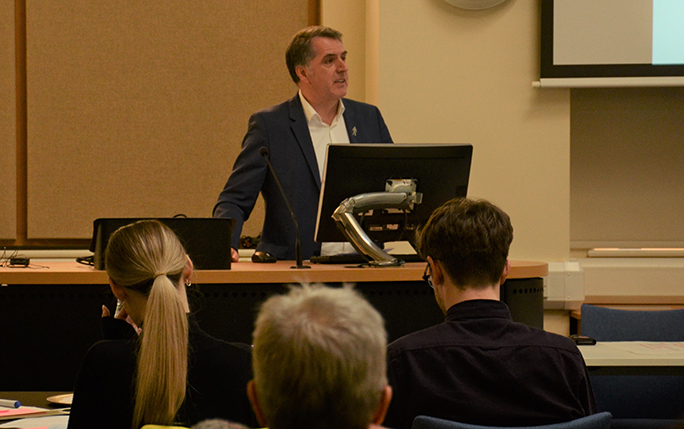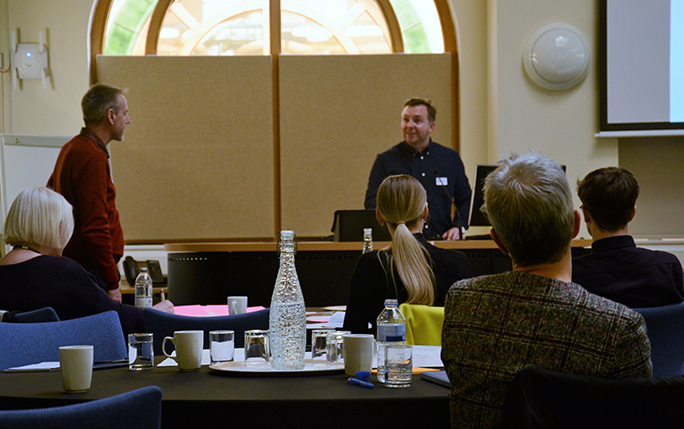A Liverpool City Region Fair Employment Charter

The Management School and the Heseltine Institute, in partnership with Local Enterprise Partnership and TUC, invited local businesses and trade unions to attend a consultation event on a Fair Employment Charter for the Liverpool City Region.
A report by the Heseltine Institute in 2017 investigated an industrial strategy for the Liverpool City Region and identified a need for a more dignified approach to employment. It argued that the Metro Mayor had an opportunity to bring together a wide range of stakeholders to pursue new plans, because of the willingness to engage with the devolution process, and recommended the introduction of an employment charter.
The consultation event provided an opportunity for businesses to articulate their views on what the charter should look like. Metro Mayor, Steve Rotheram, was in attendance and spoke about how he believes that a Fair Employment Charter will begin to address issues such as in-work poverty, insecure employment and high levels of child poverty within the city region.

Other speakers included Alan Southern, Senior Lecturer at the Management School and Principal Investigator for the Heseltine Institute, Lynn Morris, Regional Council Chair at TUC, Paul Corcoran, LEP Deputy Chair and MD of Agent Marketing, and Catherine Manning, Assurance and Networks Manager at Social Value UK.
Alan Southern said “Steve knows that our work has been about how we make the local economy fairer and with social justice, an equally important part of the local economy that supports greater levels of productivity because it means we deliberately seek to reach people and places that have been, to use a popular vernacular, left behind.
We suggested that a new social contract could be established and that a Fair Employment Charter might be part of this, one that set standards for businesses in the City Region. The Metro Mayor has a great opportunity to bring together business and unions and to widen the consultation process by listening to the views of the social economy as well.”